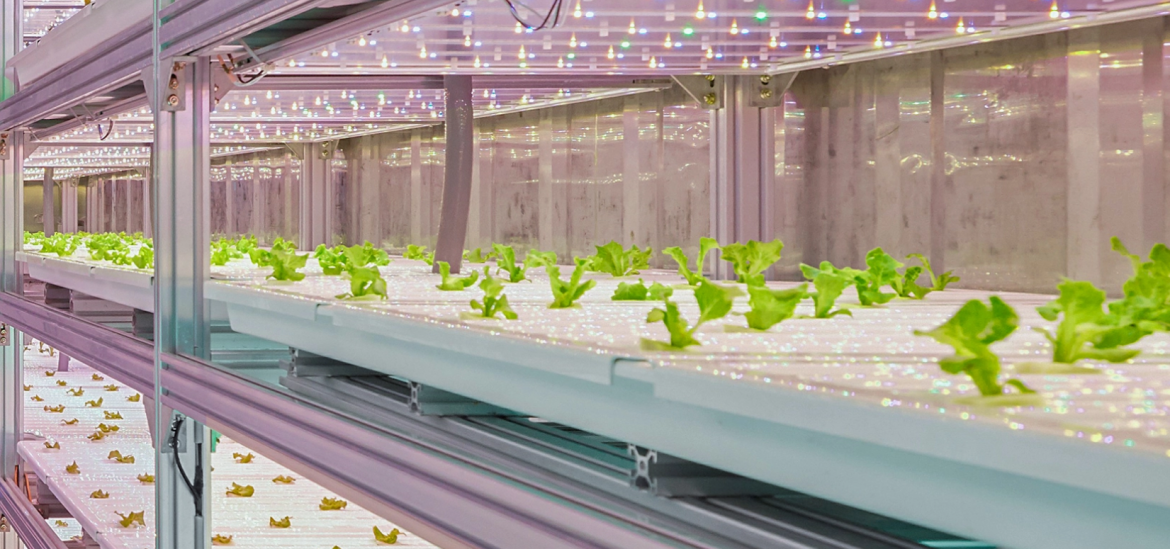As global urbanization continues, cities are facing growing challenges in securing reliable, sustainable food sources. Urban farming has emerged as a forward-looking approach that transforms unused city spaces into productive agricultural areas. By combining technology, sustainability principles, and localized production, this method not only supports food security but also helps reduce the environmental impact of traditional agriculture. Through innovative techniques such as vertical cultivation, hydroponics, and controlled environments, sustainable urban farming is reshaping how modern cities produce and consume food. It also encourages community participation, inspiring citizens to engage with sustainable practices and reconnect with the origins of their daily nutrition.
The Core Principles of Sustainable Urban Farming
At its foundation, sustainable urban farming focuses on resource efficiency, circularity, and environmental responsibility. This model minimizes the use of soil and pesticides, conserves water through closed-loop systems, and reduces food miles by producing crops close to consumers. The goal is not just to grow plants in cities but to create a balanced ecosystem that connects production, distribution, and waste recycling. Many governments in regions such as the Middle East and Europe are encouraging these practices through policy support, as they align with carbon reduction targets and urban resilience plans. Moreover, the rise of smart agriculture technologies has enabled precise monitoring of crop conditions, ensuring consistency and reducing waste across production cycles. This integration of sustainable methods and intelligent tools represents the next evolution of urban food systems.
Integrating Modular and Scalable Solutions
Companies like 4D Bios are contributing to this transformation by developing advanced modular systems designed for flexible deployment in urban environments. Their solutions are highly integrated with multiple subsystems and do not require complex infrastructure, making them ideal for scientific research, education, and pilot-scale production. This design approach allows operators to adapt quickly to different indoor space sizes while maintaining precise environmental control and automation. By utilizing LED-based plant lighting, vertical growth systems, and AI-assisted environmental regulation, 4D Bios enables efficient crop production even in limited urban spaces. These technologies not only enhance yield and uniformity but also support educational initiatives that promote sustainable agriculture awareness. In cities like Dubai, Singapore, and Toronto, such adaptable systems are being implemented to demonstrate how technology can merge with sustainability goals.
Conclusion: Shaping the Future of Urban Agriculture
Sustainable urban farming represents more than a trend—it’s a long-term solution to ensure food resilience and ecological balance in modern societies. As global cities continue to evolve, the integration of technology and environmental responsibility becomes essential. Through their expertise in digital plant factory systems, 4D Bios is supporting this transition by offering adaptable, automated, and efficient agricultural solutions. Their approach not only enhances crop productivity but also promotes sustainable development goals in regions such as North America, the Gulf states, and Australia. By combining research-oriented modular systems with sustainable cultivation practices, they are helping shape the future of green and intelligent urban agriculture, inspiring a new era of responsible city-based food production.


